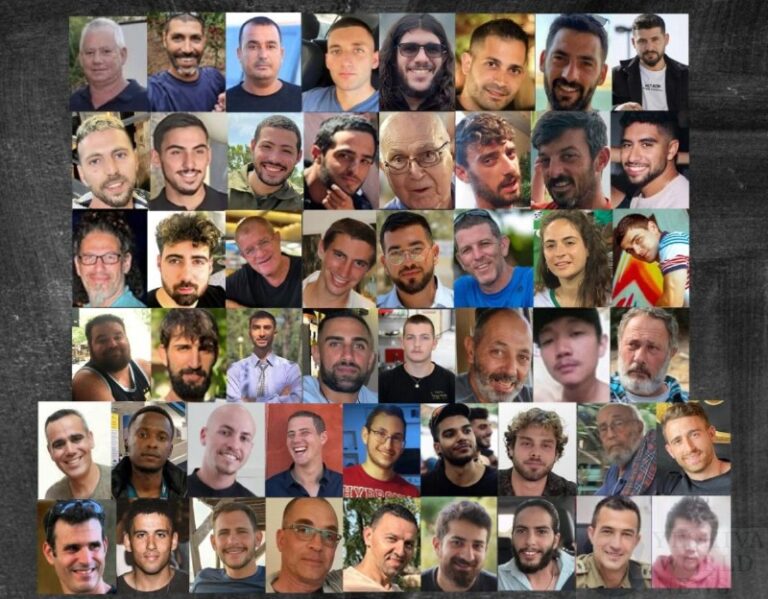A teenage friend recently asked me the following question:
When we speak of Hashem, we say He is perfect in all His traits. Now if I’m not mistaken, this also means He is humble. So why is it that Hashem makes us pray to him 3 times a day? And even in the olden times where there weren’t set prayers, we still had to sacrifice to him. Why? Does he NEED our prayers? Does he need us to slaughter his own creation to appease him? Here is just the first of many questions I have. Let me know what you think
The simple answer, which will then branch off into multiple other questions and require much detail is as follows: A person may be humble, and not want to inconvenience others, but may still ask other people for things, because he feels they would become better if they fulfill those requests.
An example would be a father whose son has multiple negative character traits. The father may be very easy going (although I don’t know too many of them) and, on a personal level, may not be bothered by his son’s behavior. Nevertheless, it’s the father’s responsibility to correct his son’s behavior (if he’s receptive to his advice).
People watching the interactions between the father and son may not be able to determine whether the father’s motives are pure or self serving. However, they should be able to understand that although the possibility exists that the father’s not personally bothered by the behavior, he still wants his son to improve for his own good. The father’s aware that if the son’s behavior continues, his chances of succeeding in the real world are decreased.
If we extend this analogy to Hashem, we should explore the advantages that we, as humans, gain from Davening and bringing Korbonos (animal sacrifices). If we can appreciate what we gain from these two activities, we can more readily believe that Hashem is asking, even demanding, us to do them for our sake, and not for his sake.
Many people have a difficult time feeling and expressing Hakoras Hatov (appreciating what others have done for them). They usually downplay what others have done for them because they lack self esteem. Believing that they need others to help them succeed in life doesn’t make them feel good about themselves. No one wants to “owe” anyone. For many people, reminding them that other people are either better than they are or, at the least, that they have to respect them because of what they did for them, is very frustrating, and makes them feel inadequate.
Instead, they begin to rationalize that their benefactors did the favors for their own reasons, that they weren’t really favors, and/or that they returned the favors, making everything “even”. The irony of all of this is that the recipients often “end up” disliking their benefactors more, after the favors were done, than before.
Who loses? The benefactors may have lost friends. They may have also become disillusioned with doing favors for them and, maybe also, for others. However, the recipients also lose. They’ve lost friends, people who can help “support” them in difficult times. In addition, they’ve also done a disservice to themselves in an even more important area. They’ve become people of “lesser character” for reacting in the way that they did.
This last loss is intangible. It focuses on an important personal standard. Any standard that people accept as something to which they’re committed to live, is a personal standard. Even an atheist (a person who doesn’t believe in religious standards) will have personal standards. There are some personal standards that are almost universal, such as not stealing or killing. Other personal standards include paying attention to hygiene.
However, there are some personal standards that aren’t universally accepted, and will only be appreciated by those who have dedicated their lives to standards that are higher than just the minimal. These include standards that most people would consider as “not our responsibility”, such as showing appreciation to others for what they’ve done for them, sharing things with others when the opportunity arises, even when there’s a “cost” to them, and helping others even when they don’t like them.
Most people who live their lives with these higher standards believe that the standards enrich their lives. There are other people who don’t live with these higher standards, but still appreciate and respect those that do. Individuals who’re committed to living with higher standards, are also committed to giving to others and, in return, they also receive.
Davening is much more than just mumbling, or saying, words. It’s a part of a lifestyle that acknowledges the need to appreciate others, in this case, Hashem. Appreciating Hashem is difficult. Hashem is intangible. The things he gives us we take for granted. We breathe, have food, and can laugh. It’s difficult for people to appreciate things that they believe are inherent gifts and which they believe, there’s little, or no, risk of losing.
For some people, Davening was thrust upon them when they were very young. By the time they were old enough to appreciate it, they were “burned out” by it. In many cases they didn’t even know what they were saying.
Nevertheless, Hashem’s instructions to Daven, if approached from an objective angle, are for us and not for him. By Davening, we, the recipients of all that Hashem gives, will keep Hashem as our “friend” (Hashem refers to us as His friends.), and he’ll also help us in the future. In addition, we become better people by acknowledging Hashem’s contribution to our lives.
I would like to add one more thought. Although what I’ve written is what I truly believe, I’m not sure that I’ve “proved” anything to you. Spirituality can’t be proved in the scientific sense. I can explain to you what I believe to be logical and, therefore, something that is the probable explanation.
Once again, thanks for writing and for your patience. I look forward to your response.
Rabbi Shmuel Gluck is director of Areivim, a teen crisis intervention center. R. Gluck’s articles are widely published in the Torah Chinuch world. For previous articles or for speaking engagements you can contact R. Gluck at Areivim: www.areivim.com 845-371-2760 E-mail: [email protected].
(Rabbi Shmuel Gluck – YWN)











One Response
Once we’re exploring this issue, let me raise a couple of questions. First of all, even if davening is necessary for us to give proper Hakaras HaTov, is it really necessary on that basis to daven three times a day, every single day? Yes, Hashem gives us life and sustenance. But what if I saved someone’s life? What if one day I pulled a trapped passenger out of a stalled car seconds before an oncoming train destroyed the car? Would I expect that person to thank me three times a day, every day, for as long as that person lives? No, that would be overkill, and if I did expect that, then it would indeed say something about me. So why can’t we thank Hashem, I don’t know, once a week? Moreover, wouldn’t that keep the davening a little more fresh?
Second – and really pause to ask yourself this – do you really buy the idea that forcing people to daven instills in them a general attitude of respect? I know we’ve all been taught to believe that it does, so we’re basically not allowed to believe that it doesn’t, but really: do you see that around you? Do you see any evidence for this? Are people who don’t daven three times a day by and large less respectful than people who do? Think of your coworkers, think of your fellow students, think of anyone you know who isn’t Jewish or isn’t frum. Are they all disrespectful and ungrateful? And then think of every frum person you know…
I know the answer: if your davening doesn’t improve you as a person, then you’re doing it wrong. Please. It’s the davening that’s supposed to improve the person; if there’s something else that’s even more primary than davening that puts you in the appropriate state of receptiveness for the benefits of davening, then that’s the thing we should be focusing on.
Face it: verbalizing our thanks to Hashem for healing the sick and reviving the dead has negligible impact on our relations toward others. There’s no mechanism by which a person associates that praise of Hashem with how we should act toward others. If it really worked that way, we wouldn’t have to have this conversation. And if it doesn’t work that way, then it was never going to work that way. You can’t keep telling people for thousands of years that they have to do a better job of internalizing their prayers. People are people. If they’re not internalizing their prayers, yet, then the prayers aren’t going to be internalized.